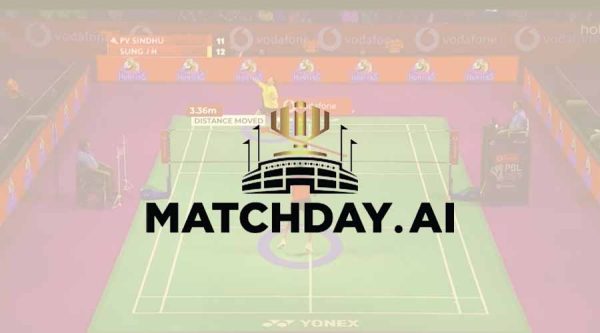
Revolutionizing Gaming: NFTs and the Future of Digital Ownership on Blockchain
Intro
In the dynamic realm of gaming, a transformative revolution is underway, fueled by the fusion of blockchain technology and Non-Fungible Tokens (NFTs). This article delves into the captivating landscape of “Gaming Revolutionized: NFTs and the Future of Digital Ownership with Blockchain.” The integration of NFTs introduces a paradigm shift in how players perceive and interact with digital assets, offering true ownership and value beyond the confines of traditional gaming ecosystems. As blockchain reshapes the foundation of gaming economies, players find themselves at the forefront of a new era—where virtual assets hold tangible value, interoperability blurs boundaries, and a decentralized metaverse emerges as the epicenter of immersive, player-driven experiences.
The Rise of Blockchain in Gaming:
As gamers increasingly seek immersive and interactive experiences, the integration of blockchain technology has emerged as a game-changer. Blockchain, a decentralized and tamper-resistant ledger, ensures transparency, security, and authenticity in the gaming space. The advent of NFTs, unique cryptographic tokens on the blockchain, has introduced a new paradigm in the concept of digital ownership.
Understanding NFTs in Gaming:
Digital Assets as NFTs:
NFTs represent ownership of unique digital assets within games. Whether it’s rare in-game items, character skins, or virtual real estate, NFTs enable players to truly own and trade these assets outside the confines of the gaming platform.
Interoperability and Cross-Game Assets:
One of the revolutionary aspects of NFTs is their potential for interoperability. Players can carry their NFT-based assets across different games and platforms, creating a seamless and interconnected gaming experience. This interoperability fosters a sense of continuity and value for players invested in the NFT ecosystem.
Benefits of NFTs in Gaming:
True Digital Ownership:
Traditionally, gamers only held licenses for in-game items without actual ownership. NFTs redefine this by providing true ownership of digital assets. Players can buy, sell, and trade NFTs with the assurance that they have exclusive rights to their virtual possessions.
Player-Driven Economies:
NFTs empower players to contribute to and benefit from in-game economies. As players acquire, sell, and trade NFTs, they actively shape the economic landscape of the gaming environment. This player-driven economy introduces a level of autonomy and entrepreneurship within the gaming community.
Use Cases of NFTs in Gaming:
Rare and Limited Edition Items:
NFTs allow game developers to create rare and limited edition in-game items. These items, whether weapons, skins, or collectibles, can be tokenized as NFTs, making them scarce and highly coveted by players. This scarcity enhances their perceived value and uniqueness.
Virtual Real Estate and Environments:
Blockchain-based virtual worlds are emerging, offering players the opportunity to buy, sell, and own virtual real estate as NFTs. These decentralized metaverses provide a canvas for creativity, social interaction, and economic activities within the digital realm.
Challenges and Considerations:
Environmental Concerns:
The energy consumption associated with certain blockchain networks, especially those using proof-of-work consensus mechanisms, has raised environmental concerns. Game developers and blockchain projects are exploring eco-friendly solutions to mitigate the environmental impact.
Integration and Adoption:
The integration of blockchain and NFTs into mainstream gaming platforms requires overcoming technical and adoption challenges. Game developers need to streamline the user experience and educate players on the benefits and functionalities of NFTs.
The Future Landscape of Gaming:
Decentralized Gaming Platforms:
The integration of blockchain and NFTs is giving rise to decentralized gaming platforms. These platforms operate on blockchain networks, offering players increased control over their digital assets, enhanced security, and a more immersive gaming experience.
Player-Driven Content Creation:
NFTs empower players not only as consumers but also as content creators. Through blockchain-based systems, players can create, tokenize, and sell their in-game content, whether it’s unique character designs, custom skins, or virtual experiences.
Emergence of Play-to-Earn Models:
Play-to-earn models are gaining traction, allowing players to earn real-world value through their in-game activities. NFTs play a central role in this model, as players can monetize their digital assets and achievements, creating new opportunities for gamers to earn income.



